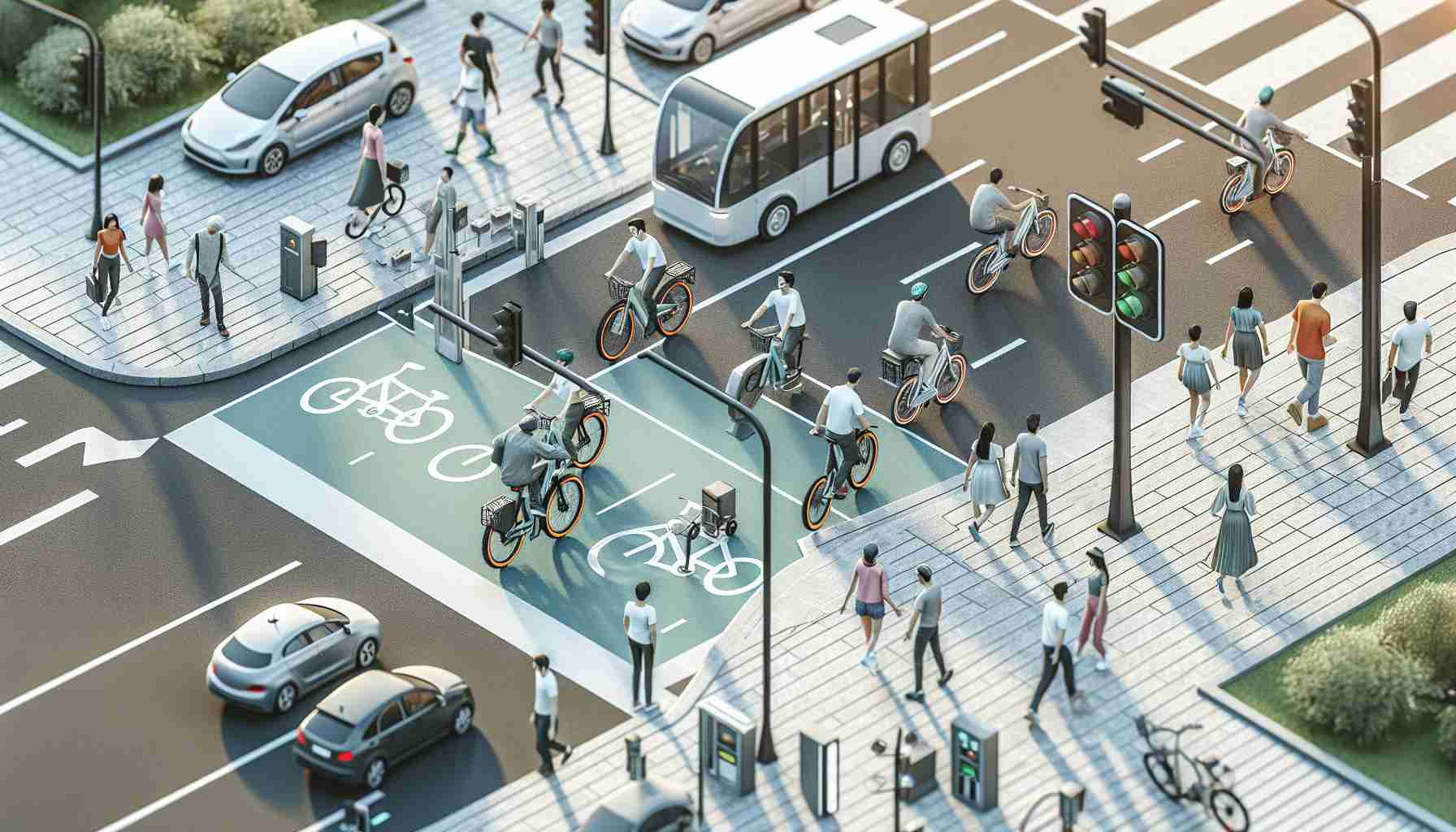In an era of growing concerns about the economy, personal well-being, and the environment, more and more individuals are opting for electric bikes as an alternative to cars. Despite their higher cost compared to traditional bicycles, Contra Costa County has introduced financial incentives to encourage the electrification movement. The county offers cash rebates ranging from $150 to $300 for any electric bike purchased within the last six months by residents aged 18 and above.
The rebate program, organized by 511 Contra Costa, aims to promote the benefits of electric bikes and their positive impact on the community. There are no hidden conditions or catches involved in the program. The organizers urge participants to proudly share their experiences of how electric biking has enabled them to travel longer distances and explore various places without relying on cars.
The base cash rebate amount is $150 for all residents, regardless of income. However, those with total household incomes equal to or lower than 400% of the current Federal Poverty Guidelines may be eligible for the maximum rebate of $300. It is important to note that the rebate applies exclusively to electric bikes with pedals and purchased within Contra Costa County, with proof of California sales tax.
While the rebate program encourages the adoption of electric bikes, certain criteria must be met. Only electric bikes qualify for the rebate, and regular bicycles are not eligible. Additionally, the bike must be new and purchased within Contra Costa County, and used electric bikes do not qualify for the program.
Research conducted by the University of California Davis shows that a significant portion of vehicle trips in California are less than a mile, with the majority being less than 10 miles. To evaluate the impact of the rebate programs, researchers analyzed survey data from participants across Northern California, including the program by 511 Contra Costa. The study revealed that 35 to 50% of the e-bike trips made by individuals would have been made by car if electric bikes were not available.
Individuals who received rebates reported a substantial increase in the use of bicycles. Within two months of owning an electric bike, most participants transitioned from rarely cycling to using their e-bikes one to three times a week. Furthermore, a significant number of rebate recipients replaced their car trips with e-bike rides at least once to three times per month.
Electric bikes not only offer a sustainable transportation option but also contribute to a reduction in car usage and subsequent environmental benefits. With the right incentives, more individuals can embrace electric biking and make positive changes in their travel behavior.
The electric bike industry is experiencing significant growth thanks to increasing concerns about the economy, personal well-being, and the environment. As discussed in the article, Contra Costa County in California is actively promoting the adoption of electric bikes by offering cash rebates to residents who purchase them. This initiative, organized by 511 Contra Costa, aims to encourage more people to choose electric bikes as an alternative to cars.
According to market forecasts, the global electric bike market is expected to grow at a CAGR of over 6% between 2021 and 2026. Factors such as the growing awareness of environmental issues, rising fuel costs, and advancements in battery technology are driving this growth. In addition to individual consumers, electric bikes are also finding increasing demand from delivery services, bike-sharing programs, and the tourism industry.
One of the main issues related to the electric bike industry is the cost. Electric bikes tend to be more expensive than traditional bicycles due to the added costs of battery and motor technology. However, with the introduction of rebate programs like the one in Contra Costa County, the financial barrier to purchasing electric bikes is being reduced, making them more accessible to a wider audience.
Another issue that the industry faces is the lack of infrastructure and support for electric bikes. While traditional bicycles can easily be ridden on existing bike lanes and paths, electric bikes require charging stations and designated areas for parking. Local governments and urban planners will need to invest in the necessary infrastructure to accommodate the growing number of electric bikes on the roads.
To further expand on the topic, the readers can visit the following links to learn more about the electric bike industry and market forecasts:
– MarketsandMarkets – Electric Bike Market
– Grand View Research – Electric Bike Market
– The New York Times – Electric Bikes and the Future of Cycling
These sources provide insights into the current market trends, growth potential, and challenges faced by the electric bike industry.







